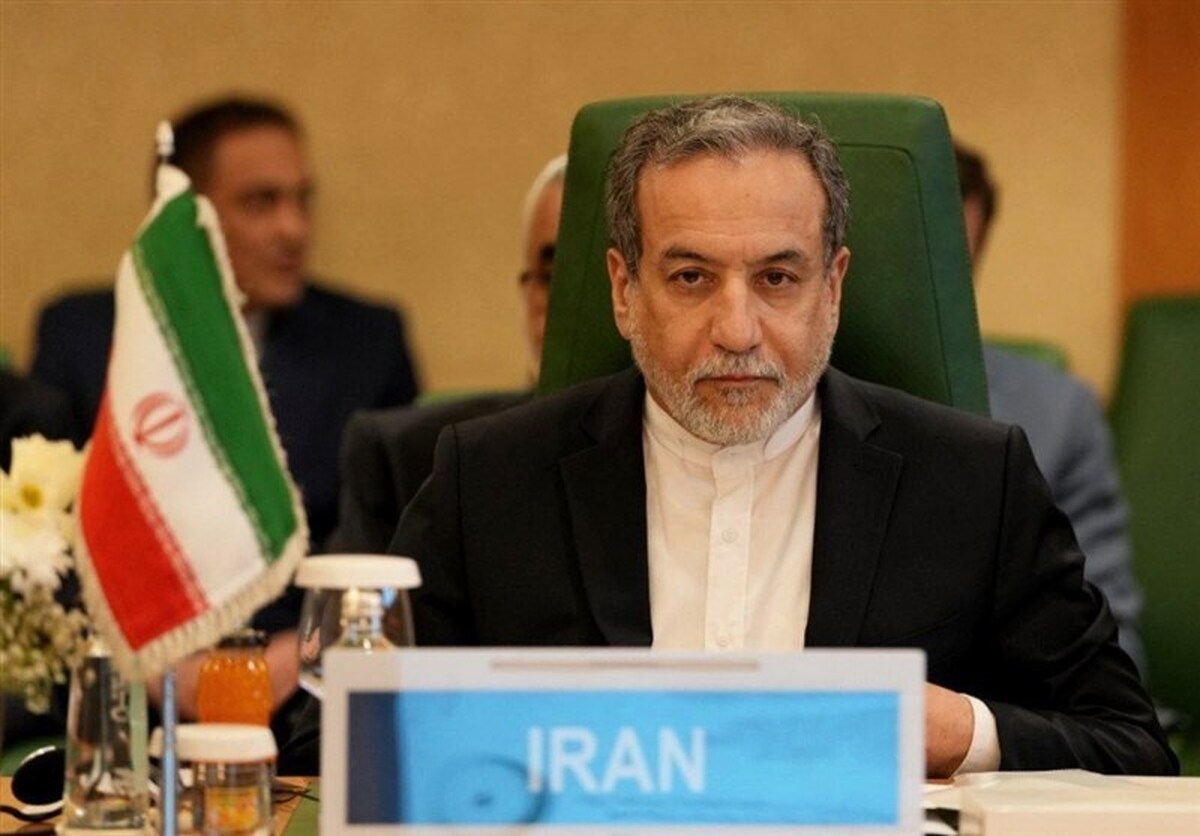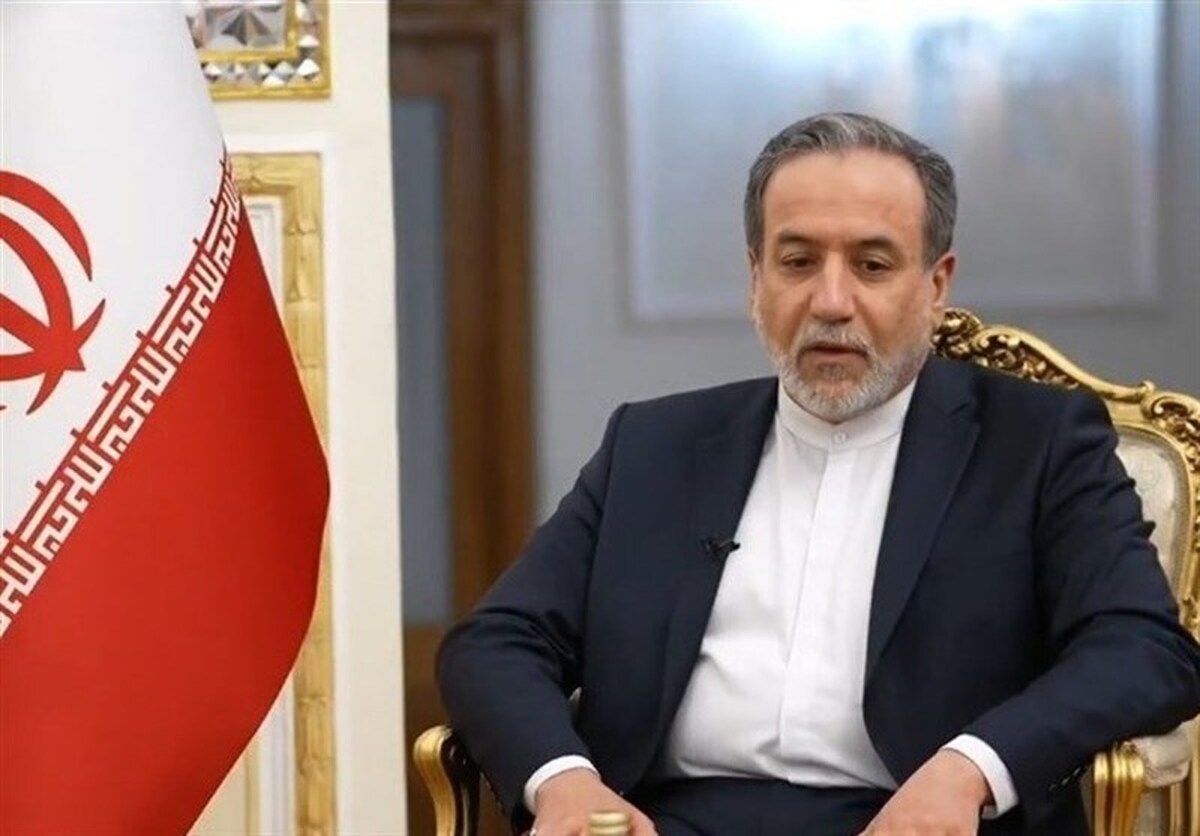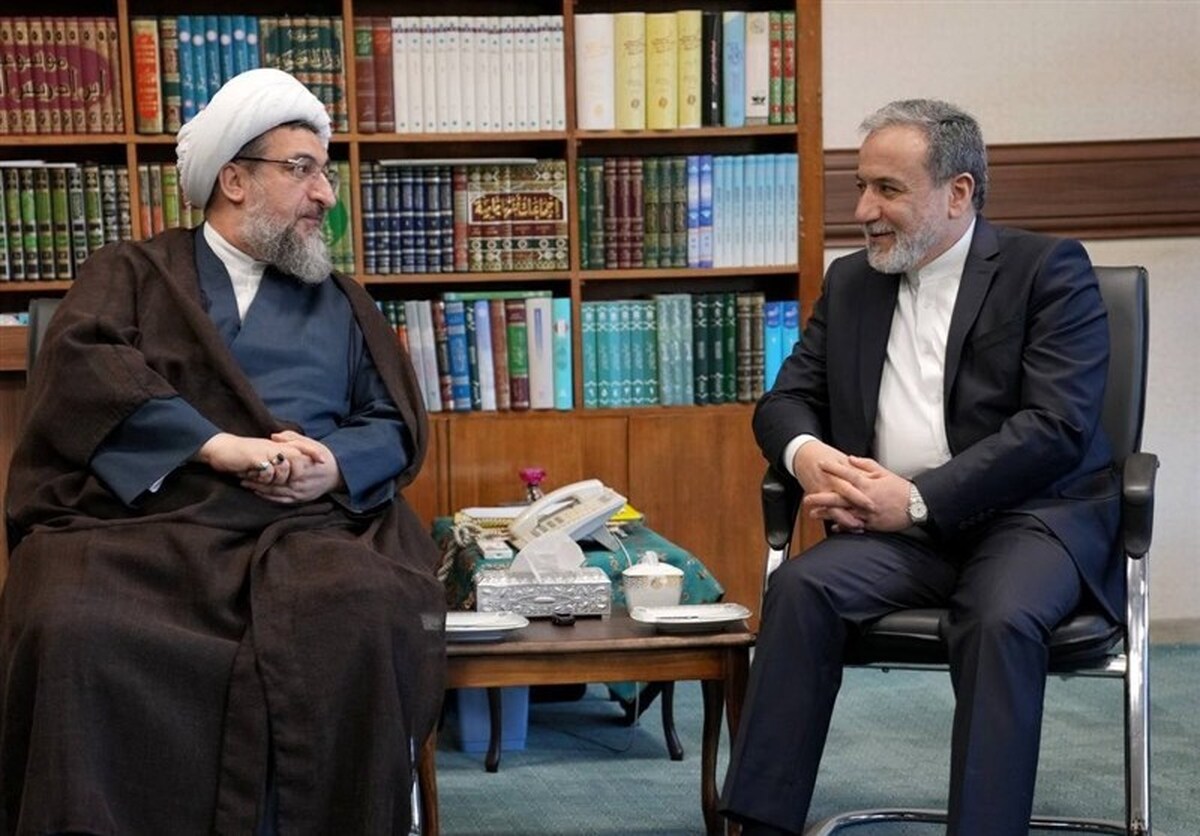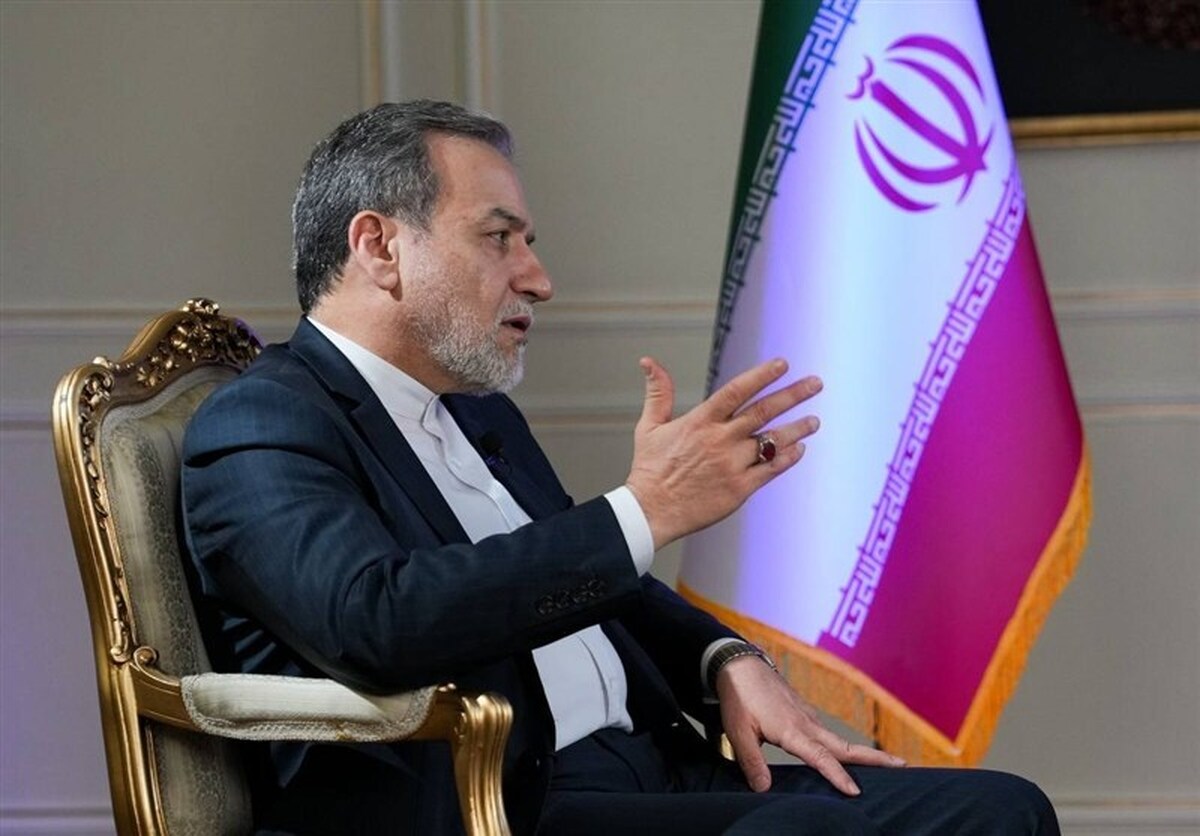
Iran Warns EU Against “Worn-Out” Pressure Tactics, Urges Fair Nuclear Deal

Iranian Foreign Minister Abbas Araqchi called on the European Union and the E3 (Germany, France, Britain) to abandon their “worn-out policies” of pressure and threats, warning that such tactics would only obstruct prospects for renewed nuclear talks.
In a joint teleconference with EU foreign policy chief Kaja Kallas and the foreign ministers of Germany, France, and the UK, Araqchi emphasized that any new round of nuclear negotiations would only be viable if the Western side approached the talks with seriousness and fairness.
Posting on his X account Friday, Araqchi stated, “It was the US that withdrew from a two-year negotiated deal — coordinated by the EU in 2015 — not Iran; and it was the US that left the negotiation table in June this year and chose a military option instead, not Iran.”
He underlined that a return to negotiations depends on the West’s readiness for a “fair, balanced, and mutually beneficial nuclear deal.”
Araqchi criticized repeated European threats to trigger the so-called snapback mechanism to reinstate UN sanctions, saying, “If EU/E3 want to have a role, they should act responsibly and put aside the worn-out policies of threat and pressure, including the ‘snap-back’ for which they lack absolutely no moral and legal ground.”
The Iranian Foreign Ministry has previously warned that any attempt to trigger the so-called snapback mechanism to reimpose UN sanctions amounts to a confrontational move that would draw an appropriate response from Tehran.
Snapback would bring into force six previous Iran-related Security Council resolutions adopted between 2006 and 2010. It would reinstate the expired UN arms embargo that barred countries from supplying, selling, or transferring most military equipment to Iran and prohibited Tehran from exporting any weapons.
It would also impose export controls, travel bans, asset freezes, and other restrictions on individuals, entities, and banks.
Iran and the United States held five rounds of indirect talks on the former’s peaceful nuclear program before June 13, when the Israel launched an unhinged US-backed aggression on the Islamic Republic, assassinating many high-ranking military commanders and nuclear scientists in addition to civilians.
Mediated by Oman, the 6th round of talks was planned to be held in the Omani capital of Muscat on June 15, but was called off due to the anti-Iran attacks.
On June 22, the United States officially joined the war against Iran by launching attacks on three nuclear facilities in the country in violation of the United Nations Charter and the Non-Proliferation Treaty.
Iran in response fired a barrage of missiles on Al Udeid US Airbase in Qatar, which is the largest American military base in the region./tasnim




